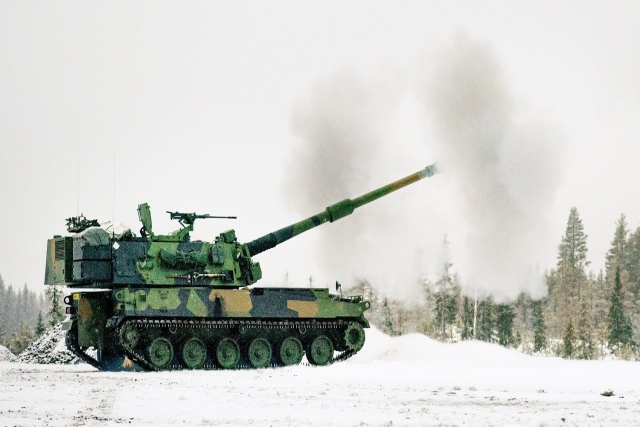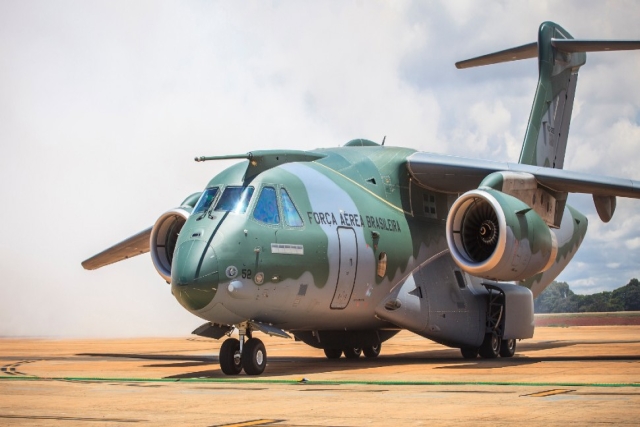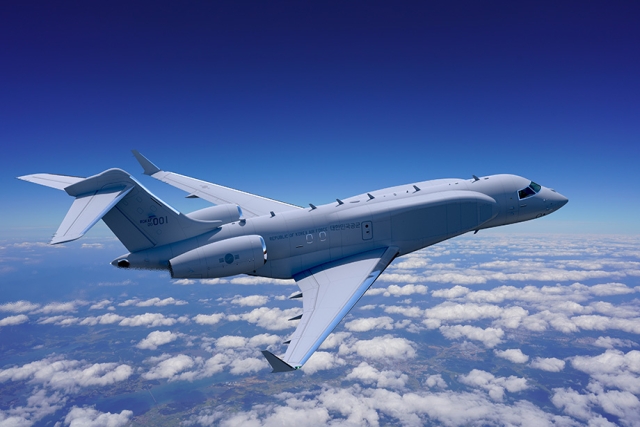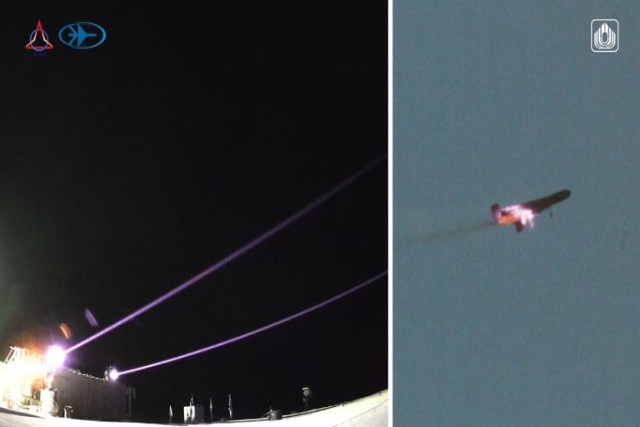Pratt & Whitney wins $33 million contract for technology from DARPA
Pratt & Whitney received a $33.8 million contract from the Defense Advanced Research Projects Agency (DARPA) to develop Constant Volume Combustion (CVC) engine technology under Phase II of the Vulcan advanced propulsion program. Pratt & Whitney is a United Technologies Corp. company. CVC technology has the potential to significantly decrease the fuel consumption of U.S. Navy surface combatants and increase overall operational capability. A CVC engine's performance improvements come from a paradigm shift in the way fuel is burned. Conventional engines burn fuel at a constant pressure. CVC engines combust fuel at a constant volume and are significantly more efficient than conventional engines. The goal of the Vulcan demonstration program is to design, build and ground test a CVC technology system that demonstrates a 20% fuel burn reduction for a ship-based power generation turbine. CVC, when combined with jet turbine engines, offers the ability to design a new class of hybrid turbine power generation engines for naval ships and air-breathing aircraft engines. "This program leverages Pratt & Whitney's CVC intellectual property and previous test experience as well as the company's long heritage of gas turbine engine development," said Bill Gostic, vice president, Advanced Programs & Technology, Pratt & Whitney. "Under Phase II, DARPA is striving to develop engine technologies that will bring new efficiencies to ships." During Phase II, the CVC module will be developed, fabricated, tested and fully characterized through analytical models as well as component and subsystem testing prior to the final integration into the turbine engine for U.S. naval surface vessels. In 2009, Pratt & Whitney received a $3 Million Vulcan Phase I contract. This part of the Vulcan program focused on a combined-cycle propulsion system architecture, with a separate CVC module and turbine engine, intended for high-Mach military aircraft. In late 2009 Pratt & Whitney tested the RASER CVC rig using IR&D funding. This testing demonstrated the ability to operate a CVC engine on both JP-8 jet fuel and conventional diesel fuel.










